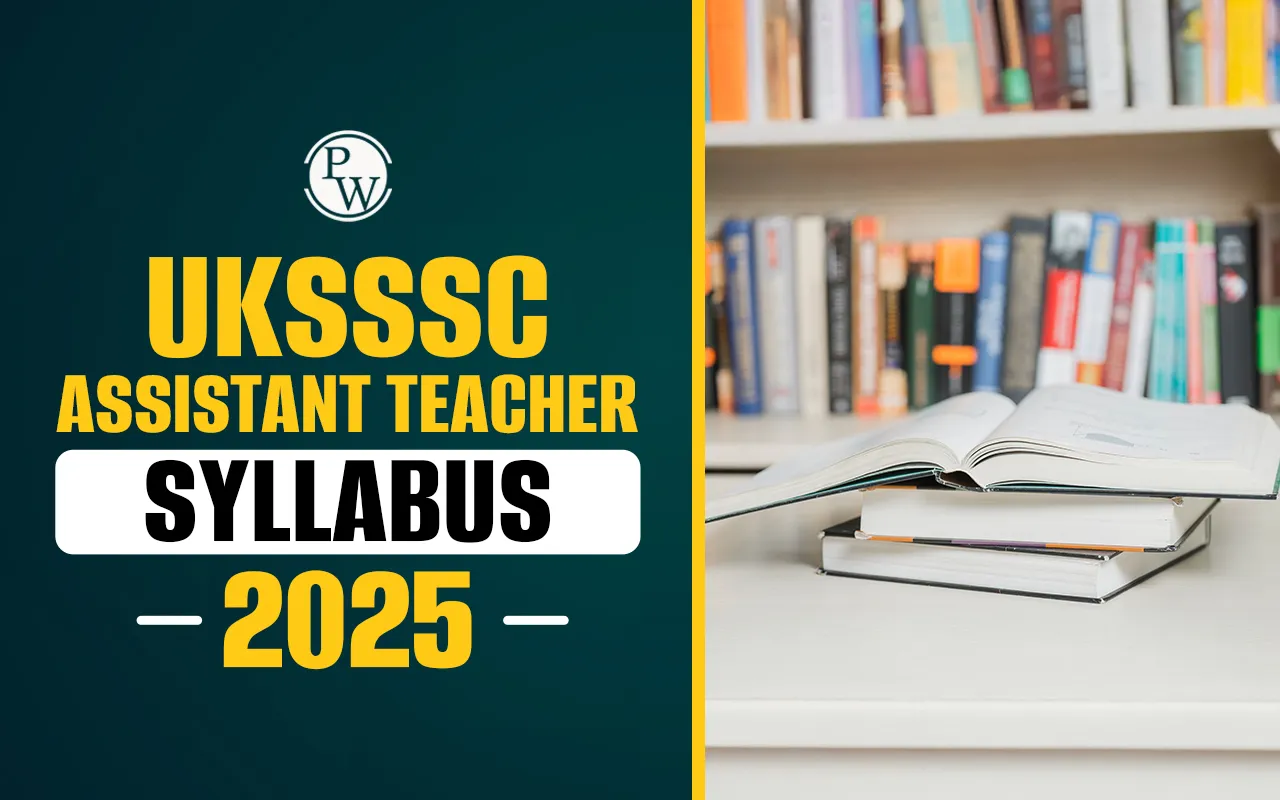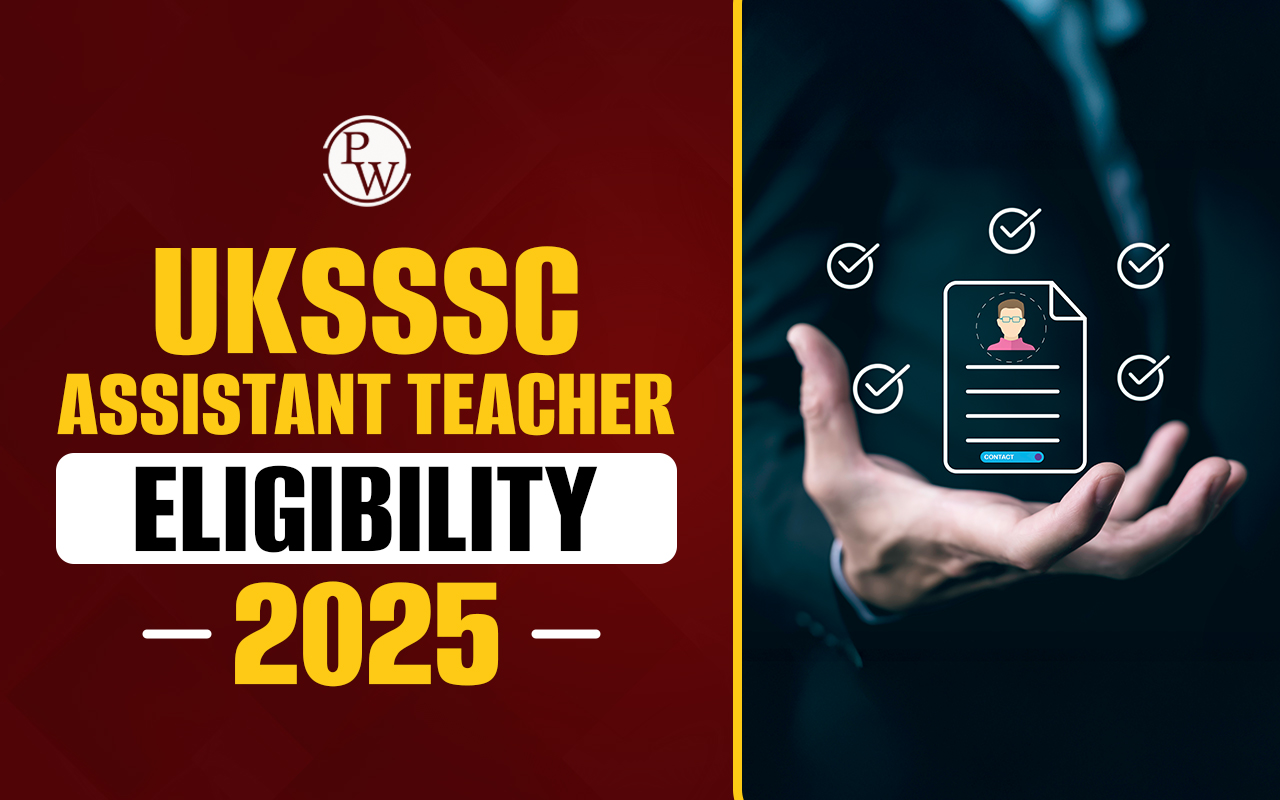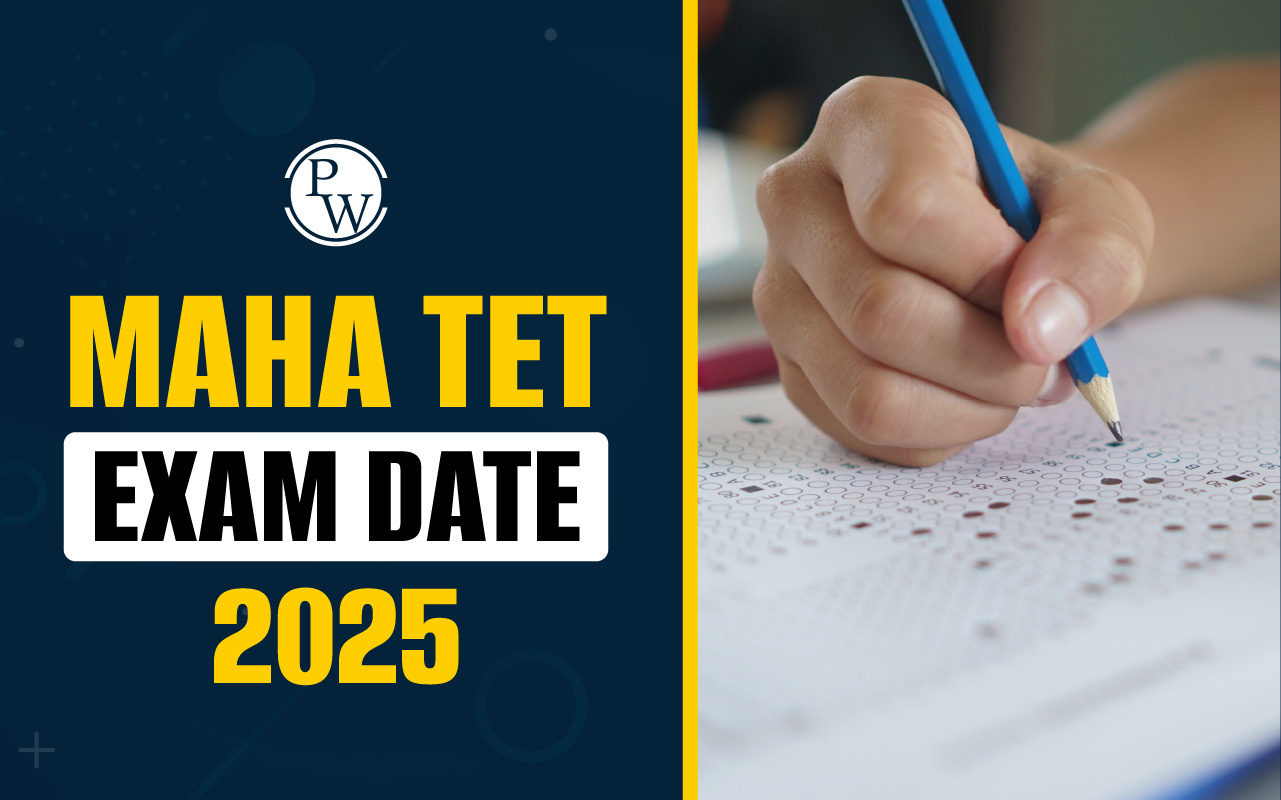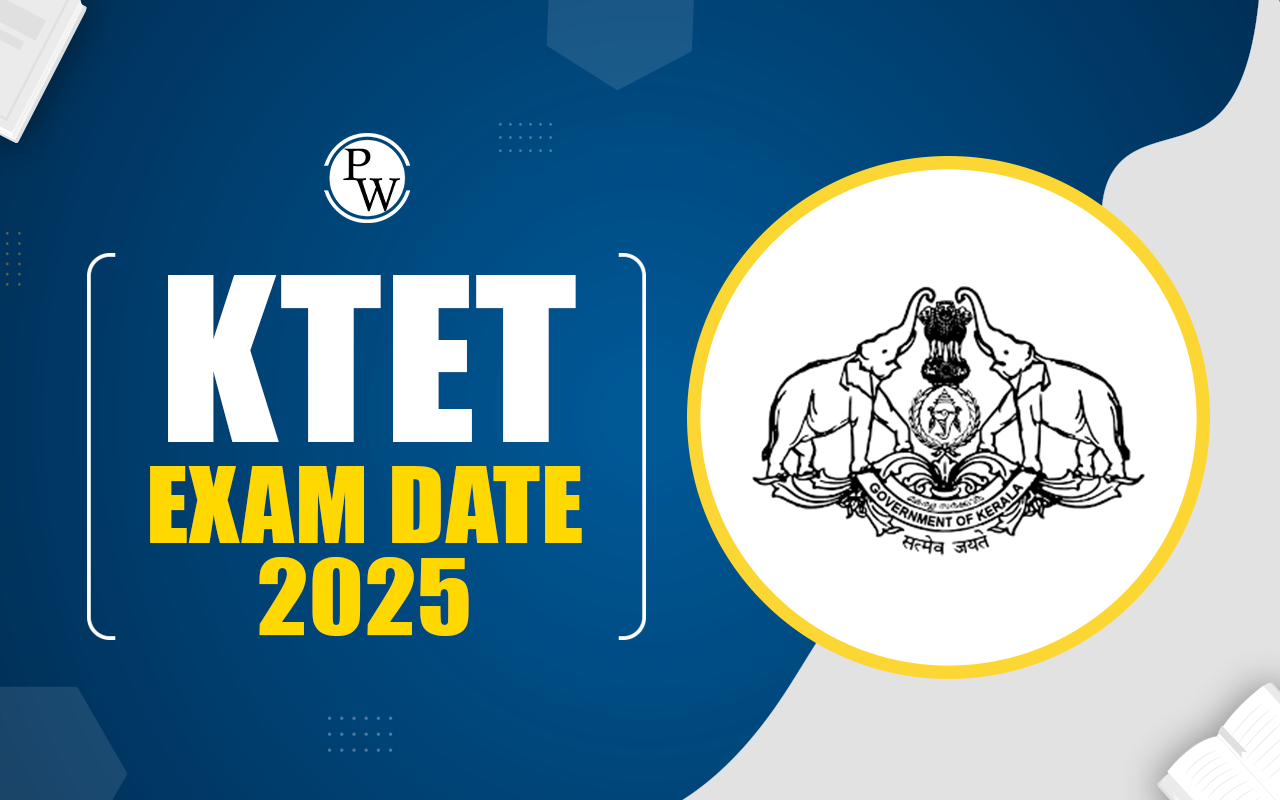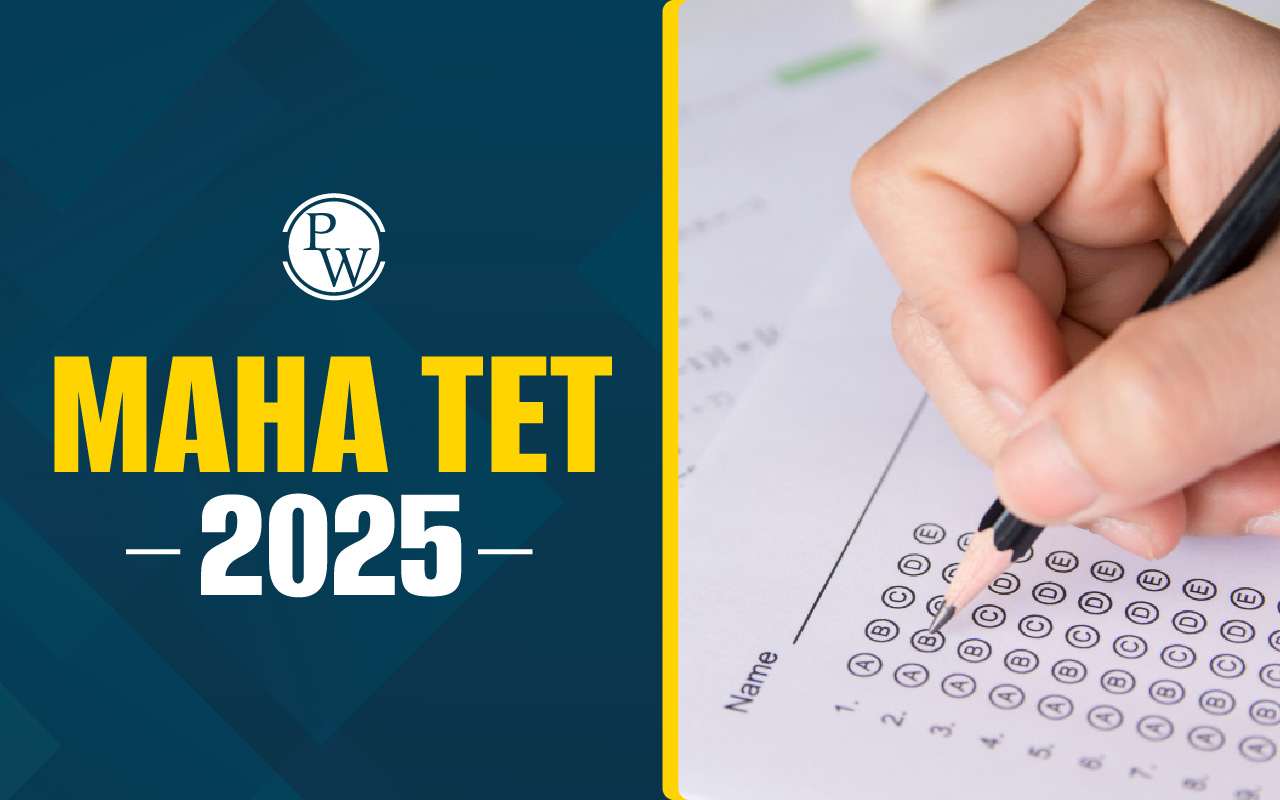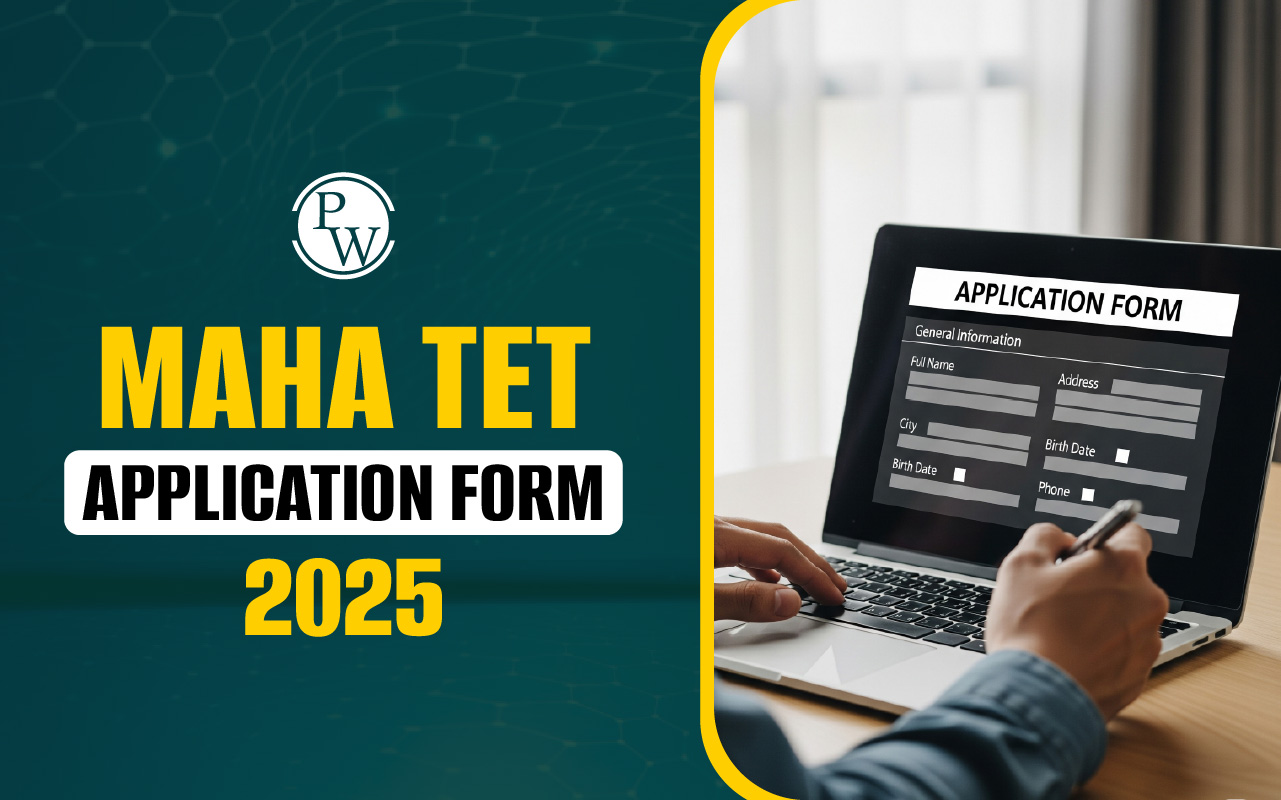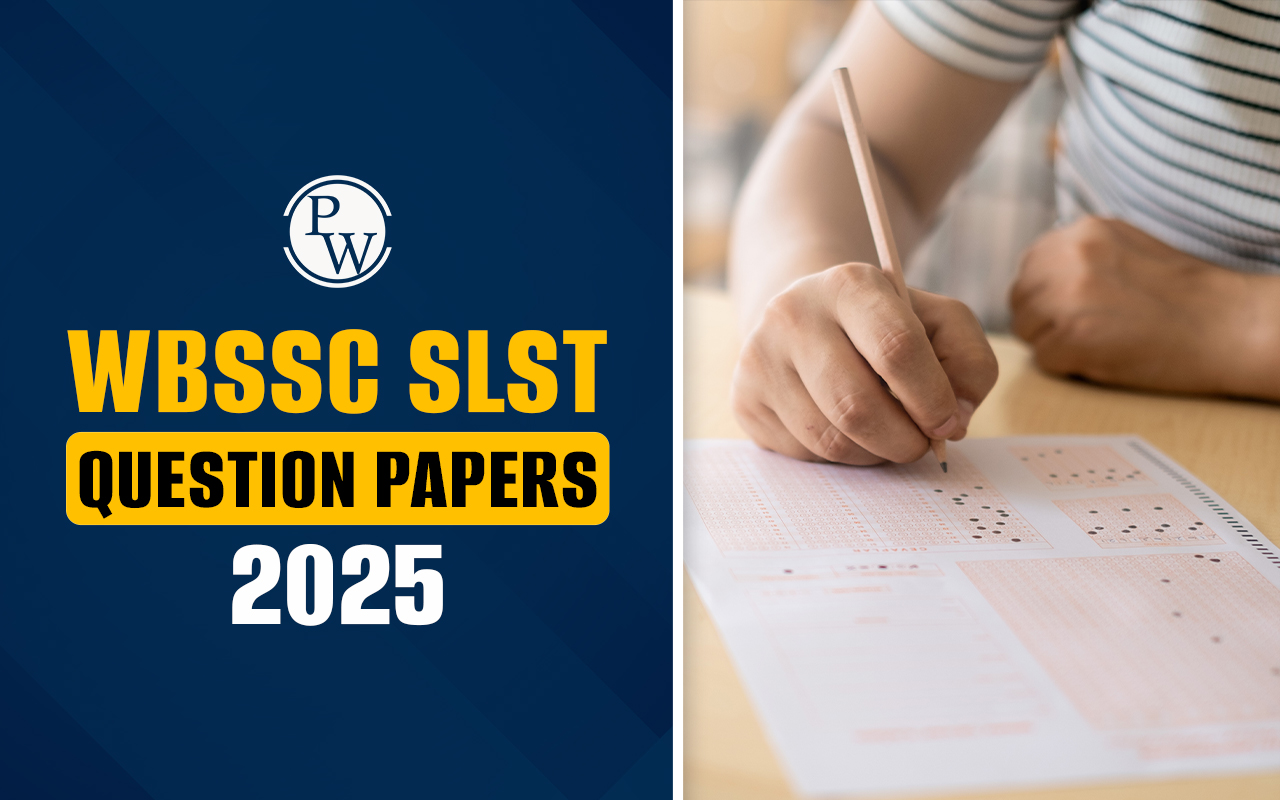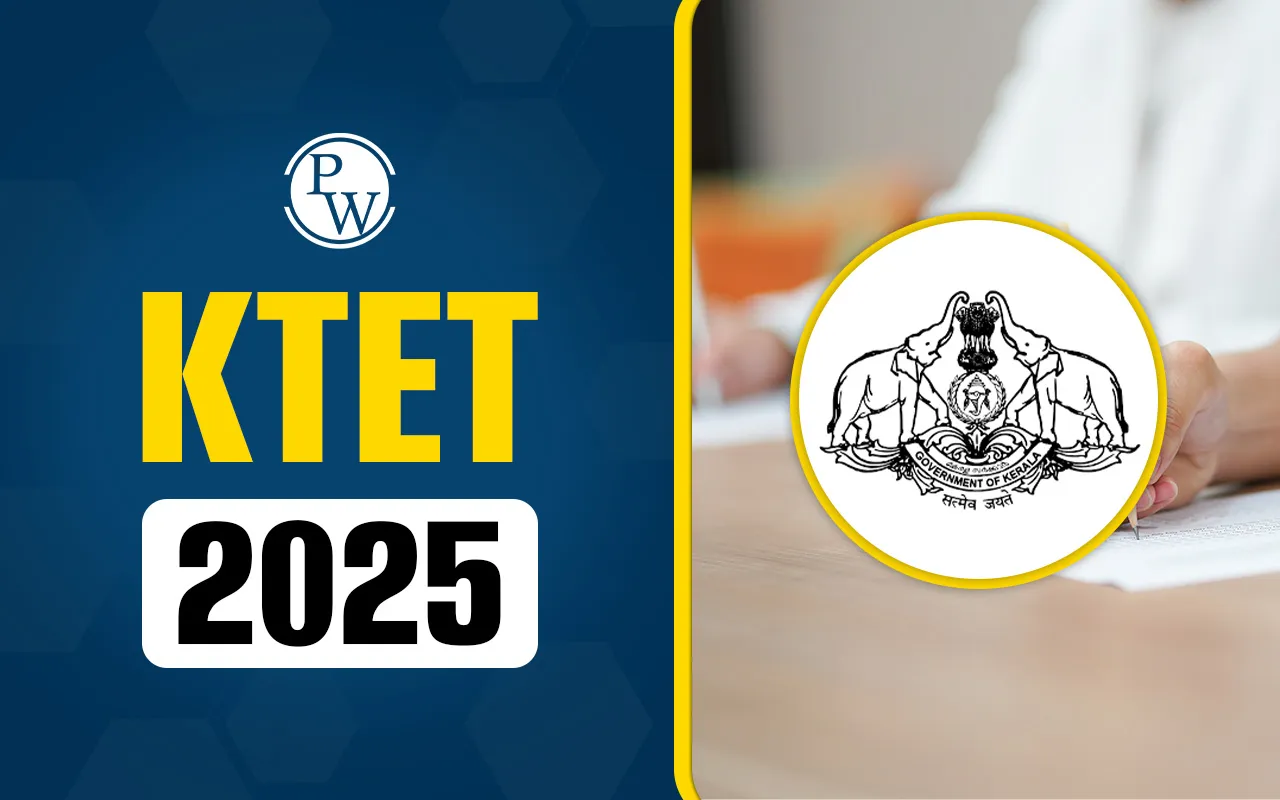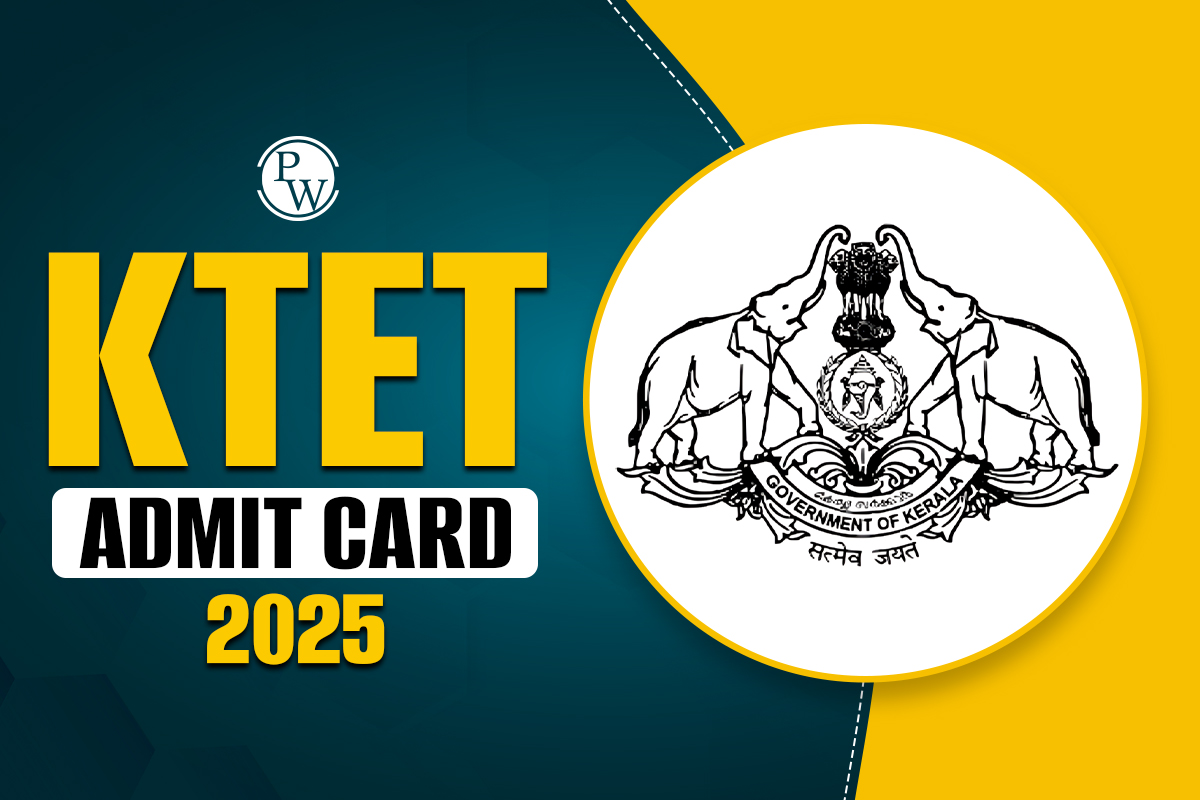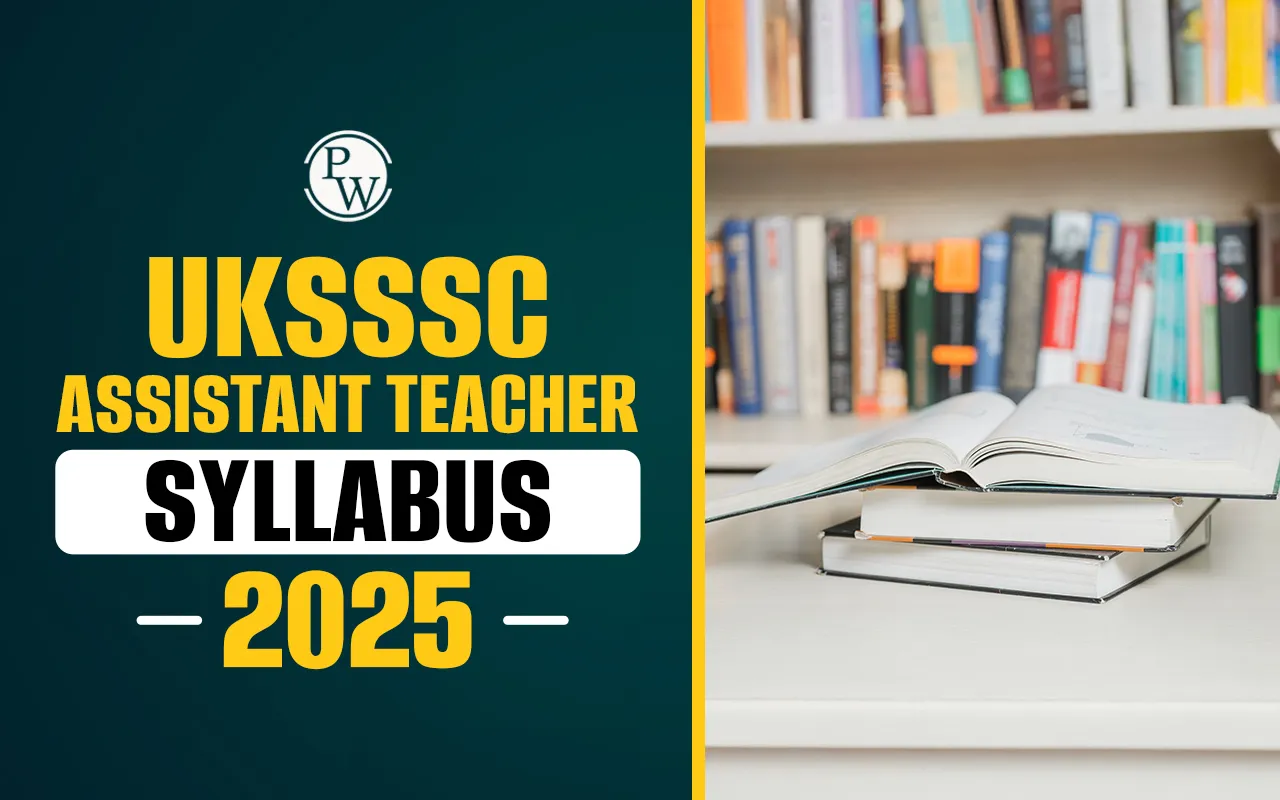
UKSSSC Assistant Teacher Syllabus 2025 comprises several key components to lay a foundation for the candidate's written exam. The syllabus for teacher recruitment includes Education Aptitude, Teaching Art, Mathematics, Geography, Economics, Political Science, History, etc., depending on the subject for which the candidate is applying.
For the mathematics subject, the syllabus encompasses topics such as percentages, algebra, geometry, and statistics. In the paper, 100 multiple-choice questions are asked, each worth 1 mark in both English and Hindi, with a penalty of ¼ mark for an incorrect answer. The syllabus and exam pattern provide an excellent framework for candidates as they prepare for the UKSSSC Assistant Teacher Recruitment 2025 written assessment.
UKSSSC Assistant Teacher Syllabus 2025 Overview
If you are preparing for the UKSSSC Assistant Teacher exam this year, understanding the syllabus is the first step towards effective preparation. The Uttarakhand Subordinate Service Selection Commission (UKSSSC) Assistant Teacher recruitment is an important opportunity for candidates aspiring to join the education department as special education teachers.
The UKSSSC Assistant Teacher 2025 selection process involves a written exam, followed by document verification and final merit preparation.
| UKSSSC Assistant Teacher Syllabus 2025 Overview | |
| Parameter | Details |
| Commission | UKSSSC (उत्तराखण्ड अधीनस्थ सेवा चयन आयोग) |
| Post Name | Assistant Teacher LT (Special Education Teacher) |
| Total Vacancies | 128 |
| Divisions | Garhwal: 74, Kumaon: 54 |
| Pay Scale | ₹44,900–₹1,42,400 (Level-07) |
| Mode of Exam | Offline/Online |
| Job Nature | Non-gazetted, Temporary |
UKSSSC Assistant Teacher Detailed Syllabus 2025
This syllabus is detailed in the official PDF notification released by UKSSSC. This table serves as a clear roadmap for aspirants preparing for the UKSSSC Assistant Teacher (Special Education) exam.
| UKSSSC Assistant Teacher Syllabus 2025 | |||
| Part | Unit | Topics | Details |
| Part A: Academic Aptitude, Reasoning and General Knowledge | 1 | Academic Aptitude and Teacher Attitude | History of Education and Special Education, Philosophical & sociological basis of Education, Psychological basis of Education, Educational planning and policy documents, ICT and educational technology for diverse needs, Emerging digital technologies promoting inclusion, Barriers to inclusive education, Sensitivity towards socio-economically disadvantaged groups (SEDGs) |
| 2 | Reasoning Test | Non-verbal: series, counting, classification, figure completion, odd figure detection, matrix. Verbal: alphabetical test, coding and decoding, odd one out, series completion, ordering, blood relations, age-based problems | |
| 3 | General Knowledge | Uttarakhand profile including history, biodiversity, population (ancient to modern). India: states, notable books/authors, scientific discoveries, eminent scientists, national symbols, famous religious places, key sports and terminology | |
| Part B: Teacher Efficiency Test | 1 | Needs and Assessment of Children with Disabilities | Definitions and causes as per RPwD Act 2016, Classification and characteristics, screening and assessment methods, early intervention, cross-disability approach, tools and techniques for assessment |
| 2 | Human Growth and Development | Stages (prenatal to adulthood), domains (physical, sensory, cognitive, socio-emotional, language, social). Theoretical approaches: cognitive, social, psychoanalytic, ecological, holistic. Topics include puberty, disability, gender, psychological wellbeing, personality development and career guidance | |
| 3 | Learning, Teaching and Assessment | Learning theories (behavioral, cognitive, social-emotional, constructivism), intelligence concepts, sensation, perception, attention, memory, motivation. Teaching process stages, classroom and community leadership, types and strategies of assessment including SBA and curriculum-based measurement | |
| 4 | Equitable and Inclusive Education: Policy and Perspectives | Understanding diversity of SEDGs and disability, evolution of education from segregation to inclusive, Universal Design and Universal Design for Learning (UDL), policies, international declarations, government schemes, accessibility | |
| 5 | Curriculum Designing, Adaptation and Evaluation | Principles and types of curriculum designing, challenges in inclusion, evaluation, adaptation and modification for special learners, expanded core curriculum, functional curriculum | |
| 6 | Intervention and Teaching Strategies | Classroom management, approaches and strategies for various disabilities (visual, hearing, intellectual, autism, etc.), Braille, orientation, AAC, Indian Sign Language, home-based education, ICT and assistive technology, therapy, behavioral management, vocational training, adapted physical education, community based rehabilitation | |
UKSSSC Assistant Teacher Syllabus PDF
Candidates can download the official UKSSSC Assistant Teacher syllabus PDF from the UKSSSC official website or the notification link. A direct link to download the syllabus PDF is also provided here for the candidates. Check here to download it. Click the link below.
UKSSSC Assistant Teacher Exam Pattern
The exam is an objective-type multiple-choice question (MCQ) test carrying a total of 100 marks. The duration of the exam is 2 hours. Questions are based on the syllabus described in Part A and Part B. Candidates need to score a minimum of 45% marks to qualify (35% for SC/ST categories).
| UKSSSC Assistant Teacher Exam Pattern | |||||
| Section | Total Marks | Duration | Type | Negative Marking | Minimum Qualifying (%) |
| Single Paper (Objective) | 100 | 2 hours | MCQs (Objective) | 0.25 mark per wrong | GEN/OBC: 45%SC/ST: 35% |
UKSSSC Assistant Teacher Marking Scheme
Each correct answer carries one mark. For every wrong answer, 0.25 marks will be deducted as negative marking. Multiple answers for a single question will be treated as incorrect and will result in negative marking. No negative marks for unanswered questions.
